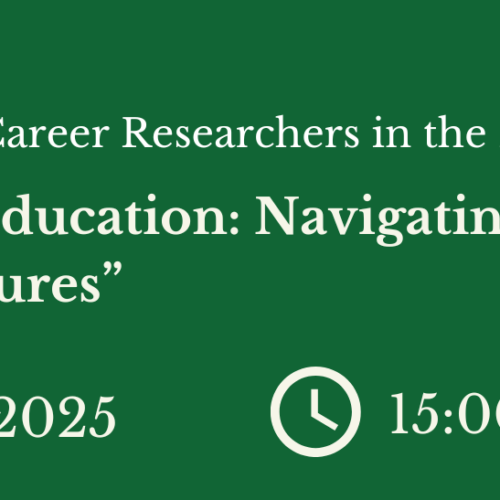REFORPRO: Reformism (s), Progressivism (s), Conservatism (s) in education: what critical argumentations? (2016-2021)
Convenors: A. Robert (France), F. Mole (Geneva), J. Pintassilgo (Portugal)
The REFORPRO SWG 2021 Annual Report is available here.
The REFORPRO SWG 2019 Annual Report is available here
The REFORPRO SWG 2018 Annual Report is available here.
The REFORPRO SWG 2017 Annual Report is available here.
Description: Teachers all act according to what Sensevy called their practical epistemology (Sensevy, 2011). They organize their teaching on the basis of ideas pertaining to what they conceive as knowledge. These ideas constitute for them a kind of theory of knowledge which springs from practice, and controls it. But, more largely, every teacher acts according to a more or less coherent overall conception of his work and its meaning (a horizon of meaning). If the teacher’s task is constrained by legislation and regulatory documents, every teacher adopts a more or less critical position towards them in the discharge of his duties as well as in his political, union, or associative activism. It therefore seems relevant to investigate not only the tensions that may divide teachers between “conservatism(s),” “reformism(s),” and “progressivism(s),” but also to examine the critical arguments they use to foster or overcome these distinctions when some teachers endeavor to theorize their positions and practices. Now, the history of schooling inclines us to think that it is sometimes difficult to find out which position is really progressive in a context of struggles within societies. Likewise, deciding, in such a context, whether critical assessments of a given situation are to be considered progressive or not and why is no easy task. Indeed, it is not uncommon for teachers to adopt positions conceived as progressive on the political and social side and which are, at the same time, regarded as fundamentally conservative on the educative side; such a phenomenon was called demo-elitism (Robert, 2006). Conversely, a progressive, innovative educational view may be rooted in conservative political conceptions or in backward-looking, if not reactionary, philosophical options. For instance, eugenics, which can be considered historically and philosophically as a reactionary ideology, may have had advocates among the strong supporters of democratic schooling, such as Édouard Toulouse and Henri Piéron (Garnier, 2015). Among the numerous questions that may be explored, one concerns the determination of progressive positions within Hannah Arendt’s framework of the necessary conservatism of teachers (Arendt, 1972). How is it possible to identify progressive positions, given that the school is a conservative institution? Such a question underlines the fact that certain contradictions may prove to be important in teachers’ critical thinking: can an avowedly progressive position jeopardize, under certain circumstances, the things worthy of being preserved within the school? And, conversely, can an apparently conservative view prove itself to be a determined stand against the squandering of the cultural legacy which it is the school’s duty to preserve? The recent debates in France surrounding middle school reform (without prejudice to anyone’s position on that matter) may constitute in this regard a contemporary illustration of this issue. In any case, the Standing Working Group will strive to identify in the history of education (whether in long-run history or in the history of present times) situations emblematic of this debate pertaining to the various meanings of terms such as conservatism, or even reactionary philosophy, reformism and/or progressivism.
For additional information and to become involved: Please contact andre.robert@univ-lyon2.fr, fr.mole@wanadoo.fr or japintassilgo@ie.ulisboa.pt.


